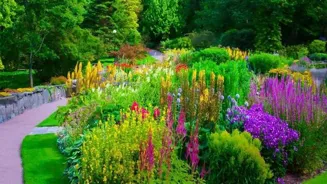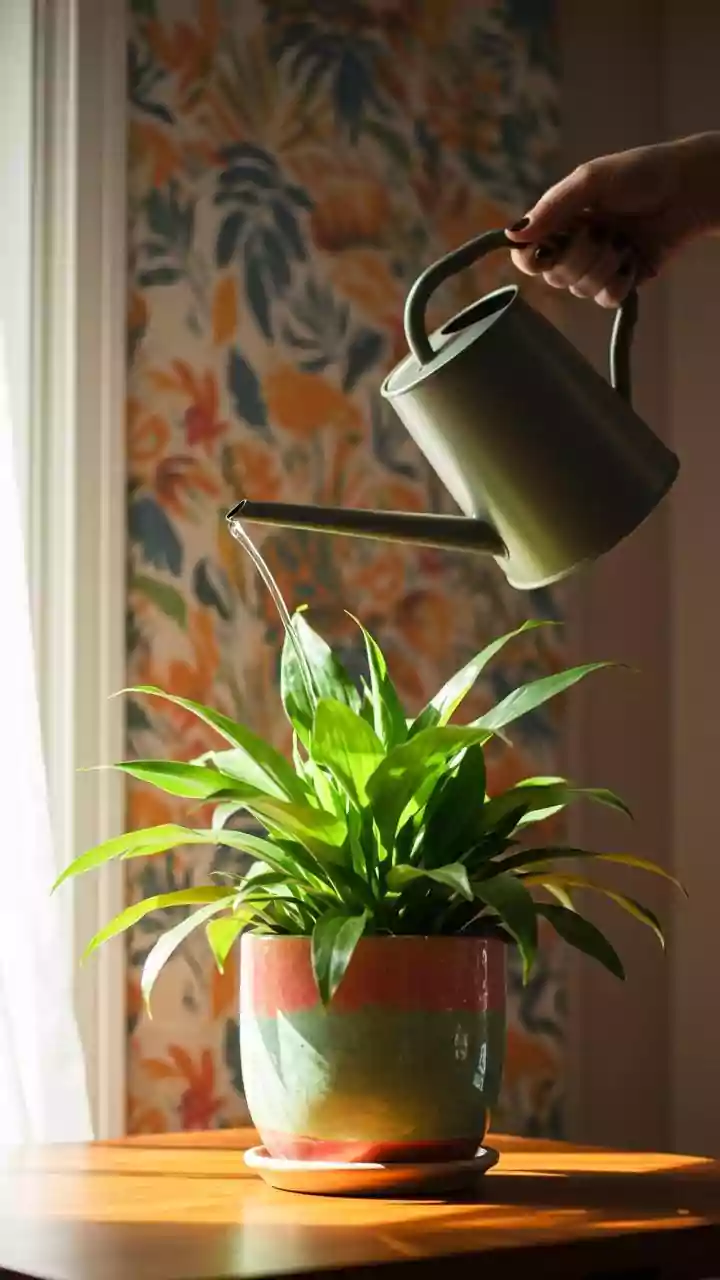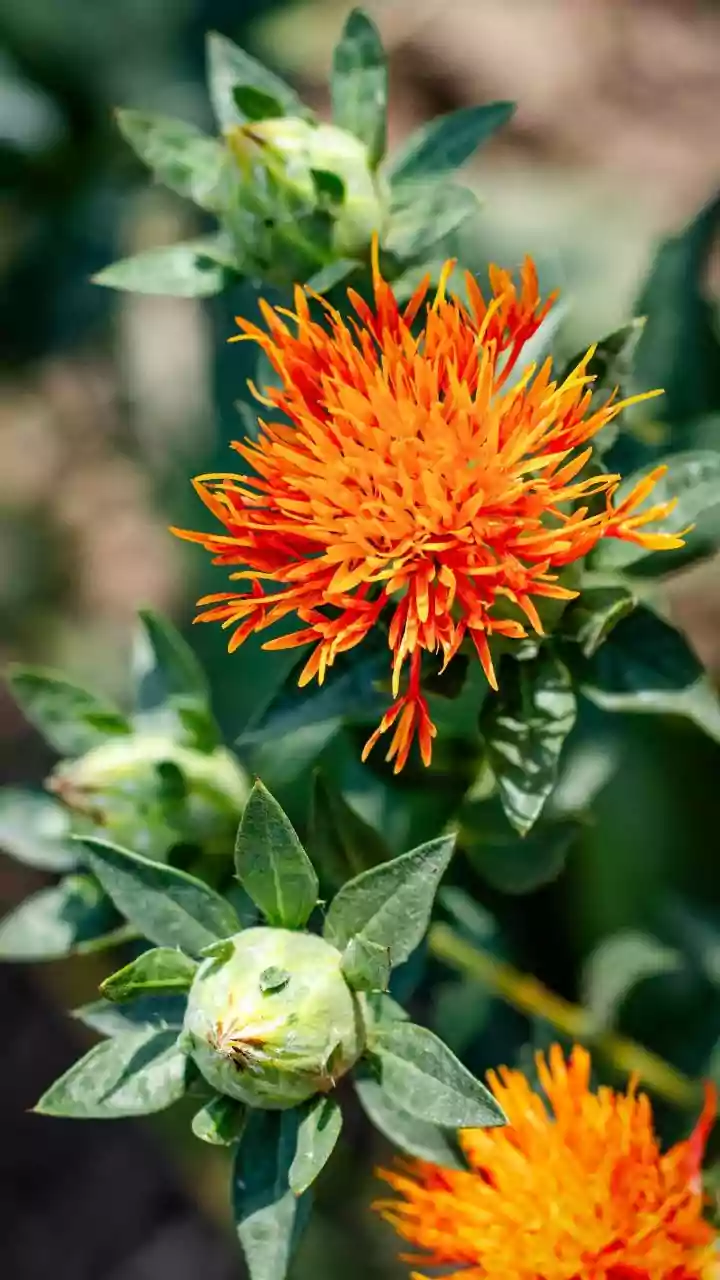Discover 7 practices for eco-friendly gardening to save the planet! Dive into sustainable methods and transform your garden
Namaste, readers! Isn't it lovely to see more and more people embracing gardening?
It's not just about having pretty flowers or fresh vegetables; it's about doing our bit for Mother Earth. Sustainable gardening practices are the need of the hour.
They are a brilliant way to reduce our carbon footprint, conserve water, and promote biodiversity, all while getting fresh produce and beautiful blooms! So, let's explore seven simple yet powerful practices that can transform your garden into an eco-friendly haven.
These practices are easy to implement, regardless of whether you have a sprawling lawn or a small balcony. Get ready to roll up your sleeves and contribute to a greener tomorrow, one seed at a time! It's time we all become 'garden yogis' and find harmony with nature in our own backyards.
Embrace organic gardening for a sustainable, eco-friendly garden
The first cornerstone of sustainable gardening is embracing organic methods. Ditch those chemical fertilizers and pesticides! They might seem like a quick fix, but they harm the soil, pollute water sources, and can even be harmful to us. Instead, opt for organic alternatives.
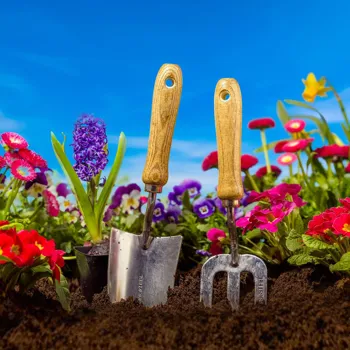
Compost is your best friend! Turn kitchen scraps, leaves, and grass clippings into nutrient-rich compost that will nourish your plants. Neem oil is a fantastic natural pesticide that tackles common garden pests without harming beneficial insects.
Encourage ladybugs and other helpful creatures that naturally control pests. Remember, healthy soil leads to healthy plants that are more resistant to diseases and pests. By choosing organic, we're not just protecting our gardens; we're safeguarding the entire ecosystem.
It's a win-win situation, isn't it? Embrace the power of nature's own solutions, and watch your garden – and the planet – thrive. So, let's say goodbye to those harmful chemicals and hello to a vibrant, healthy, and sustainable garden.
This is the first step towards creating a greener planet for generations to come. Happy gardening!
Water conservation in gardening crucial for sustainability, use drip irrigation, mulch, rainwater, drought-tolerant plants
Water conservation is another crucial aspect of sustainable gardening, especially in a country like India where water scarcity is a major concern. Instead of relying on overhead watering that loses a lot of water to evaporation, consider using drip irrigation or soaker hoses.
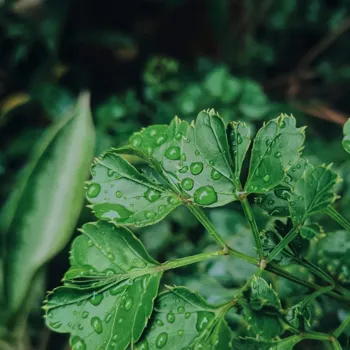
These methods deliver water directly to the roots of plants, minimizing waste. Mulching is another effective way to retain moisture in the soil. Apply a layer of organic mulch – such as straw, wood chips, or shredded leaves – around your plants to reduce evaporation and suppress weeds.
Collect rainwater to water your garden – it's free, and it's better for your plants than tap water. Choose drought-tolerant plants that require less water. Native plants are particularly well-suited to your local climate and will thrive with minimal watering.
By carefully managing our water usage, we can make a significant difference in conserving this precious resource. Every drop counts, so let's make every drop count in our gardens. Think of it as a 'water savings account' for your garden and the environment.
Biodiversity in gardens attracts pollinators for healthy ecosystems
Biodiversity is the variety of life in a particular habitat or ecosystem. In a healthy garden, biodiversity is crucial. Plant a variety of flowers, vegetables, and herbs to attract pollinators like bees, butterflies, and birds.
These creatures play a vital role in pollination, ensuring the survival of many plants. Create habitats for beneficial insects by providing shelter and food sources. Leave some areas of your garden uncultivated to provide habitat for ground-nesting insects.
Avoid using broad-spectrum pesticides that can harm beneficial insects. A diverse garden is a resilient garden – it's better equipped to withstand pests, diseases, and climate change.
Attracting diverse wildlife to your garden not only beautifies it, but also helps maintain a healthy ecological balance. It’s like inviting nature to your terrace and having it work hard for you!
Composting transforms waste into valuable soil amendment
Composting is an amazing way to reduce waste and create valuable soil amendment. Instead of throwing away kitchen scraps and yard waste, turn them into nutrient-rich compost. A compost bin or compost pile is simple to set up.
Add a mix of 'greens' (such as fruit and vegetable scraps, coffee grounds, and grass clippings) and 'browns' (such as dried leaves, shredded paper, and cardboard). Turn the compost regularly to aerate it. In a few months, you'll have a rich, dark compost that you can use to improve your soil.
Composting reduces the amount of waste that goes to landfills and also reduces the need for chemical fertilizers. It's a fantastic way to recycle organic materials and create a sustainable soil amendment that benefits your garden and the environment. It's like magic, turning waste into treasure!
Choose native plants
Opting for native plants is another great way to help sustain the planet. Native plants are adapted to the local climate and soil conditions, meaning they require less water, fertilizer, and pesticides than non-native plants. Native plants also provide food and habitat for native wildlife.
Native plant species help maintain biodiversity by supporting local ecosystems. You can find information about native plants from local nurseries and gardening organizations. By choosing native plants, you're creating a garden that is more sustainable and more beneficial to the environment.
Moreover, the local wildlife is thankful. Using native varieties is like speaking a familiar language to nature: Everything just understands each other much better.
AI Generated Content. Glance/InMobi shall have no liability for the content